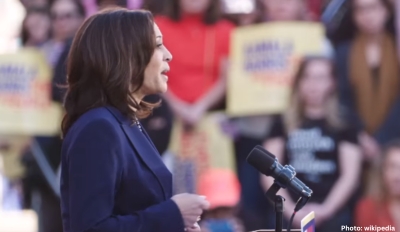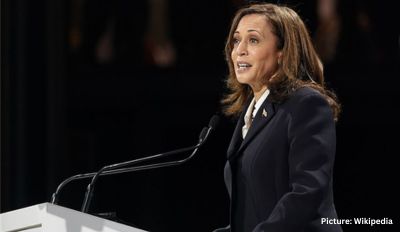The Conservative led US Supreme Court will hear a challenge to a Texas law in November this year regarding the ban disallowing abortions after as early as six weeks of pregnancy. The court deferred a request from the Biden administration to block enforcement of the law by vacating a lower court’s ruling. The Texas’s new law prohibits abortions to be performed in the state after a fetal heartbeat is detected. In a dissenting note, Justice Sonia Sotomayor, argued that “I cannot capture the totality of this harm in these pages. The impact is catastrophic.”
 The hearings will take place one month before the Supreme Court is set to hear arguments in another pivotal abortion case, Dobbs v. Jackson Women’s Health, which directly challenges the abortion-rights precedent established in 1973 under Roe v. Wade. The court announced on Friday its decision to hear arguments over whether the Biden administration had the right to sue to end enforcement of the law, Sotomayor indicated that she would already have gone further and blocked it.
The hearings will take place one month before the Supreme Court is set to hear arguments in another pivotal abortion case, Dobbs v. Jackson Women’s Health, which directly challenges the abortion-rights precedent established in 1973 under Roe v. Wade. The court announced on Friday its decision to hear arguments over whether the Biden administration had the right to sue to end enforcement of the law, Sotomayor indicated that she would already have gone further and blocked it.
While Sotomayor agreed with the court’s decision to hear arguments, she reiterated her view that the law should never have been allowed to remain in place. “These ruinous effects were foreseeable and intentional,” she wrote.
In early September, the high court ruled 5-4 to allow the new law to stay in place, but Sotomayor penned a scathing dissent that called the court’s refusal to strike down the law “stunning.” “This equates to a near-categorical ban on abortions beginning six weeks after a woman’s last menstrual period, before many women realize they are pregnant, and months before fetal viability,” she wrote.
Justice Samuel Alito, who is assigned to handle requests from Texas, on Friday also granted a petition from the Department of Justice to have the court hear its challenge of S.B. 8 this term. But the question before the court in that case is limited to whether the federal government has the power to stop state officials or private parties from enforcing Texas’ law. S.B. 8 took effect in September after the Supreme Court declined an emergency request to block it. The law bans most abortions once a fetal heartbeat can be detected, which occurs as early as the sixth week of gestation.
That cutoff — when many women do not yet know they are pregnant — is significantly narrower than the window of time to get an abortion allowed under Roe. Rather than task state officials with enforcing the ban, S.B. 8 delegates that power to private citizens, who are allowed to sue, for at least $10,000, anyone who “aids or abets” an abortion.
The Justice Department and other critics, including Sotomayor, say the law establishes a private “bounty hunter” system that is designed to prevent courts from intervening. On September 1, the Supreme Court agreed to allow the law to go into effect, splitting bitterly in a 5-4 order released late at night on the court’s emergency docket. Liberal Justices Elena Kagan, Stephen Breyer and Sotomayor blasted the timing in a dissent.
They said the court’s “shadow-docket decision making” had become more “unreasoned, inconsistent and impossible to defend.” Polls released afterward showed that public opinion of the court had fallen to a new low. Less than one-third of the country believes that the landmark opinion should be overturned.











